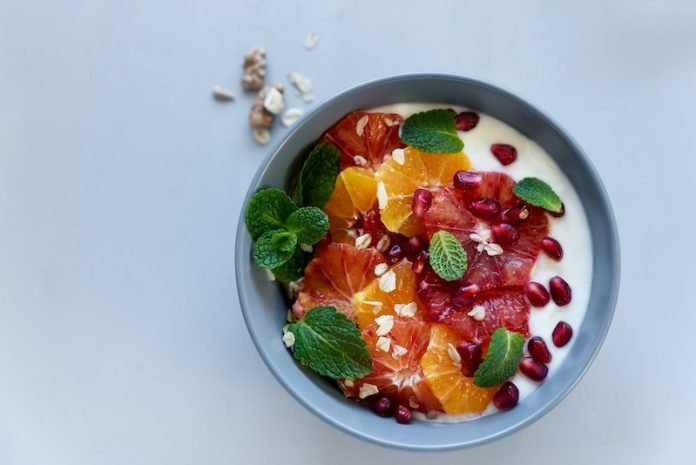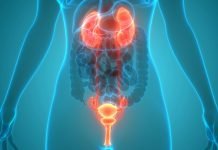
New research suggests that a diet supplemented with a probiotic blend of 14 different strains of bacteria could boost the effects of antidepressant medications in people with major depressive disorder.
The study, led by the Institute of Psychiatry, Psychology & Neuroscience (IoPPN) at King’s College London and in partnership with ADM Protexin, part of ADM, found that the probiotics led to improvements in a variety of depression and anxiety scores over eight weeks.
The pilot study is among the first in a Western population to show that probiotics are not only well tolerated but may also have positive effects on mental health in adults with depression who are currently taking antidepressants.
The researchers suggest these findings provide a robust foundation for further exploration of the benefits of this probiotic food supplement in larger trials.
Gut Health and Mood
There’s growing evidence to suggest that the gut microbiota, which refers to the multitude of microorganisms living in the gut, may play a role in mood regulation.
This double-blind, randomized placebo-controlled study was designed to test whether improving gut health through probiotics could provide a new avenue for improving mood and mental health.
In the trial, 49 adults diagnosed with major depressive disorder and who had an incomplete response to antidepressants were given either a commercially available probiotic supplement with 14 strains of bacteria or an identical placebo.
Both groups showed symptom improvement over the eight weeks, but those taking the probiotics began to see more significant improvements from the fourth week onward.
Views from the Researchers
Professor James Stone, the study’s senior investigator, said that many people don’t respond fully to antidepressants, making this study an important first step in exploring the therapeutic potential of probiotics for depression.
“We found that probiotics were an acceptable and tolerable supplement in people already taking antidepressant medications.
This now paves the way for studies looking at whether we see these beneficial effects of probiotics on depression and anxiety in larger populations of patients.”
Dr. Viktoriya Nikolova, the study’s first author, emphasized that the gut-brain axis is a fast-evolving area of research, and this study adds to our understanding of the role of probiotics in mental health.
Dr. Richard Day, VP of Medical Affairs at ADM, noted that an estimated 5% of adults suffer from depression according to the World Health Organization, and many don’t fully respond to standard treatment options.
“This trial is one of the few clinical studies to assess the benefits of supplementing the diet with probiotics alongside standard of care antidepressant medication.
These exciting results add to our understanding of the link between the gut microbiome and mental health.”
If you care about depression, please read studies about a major cause of depression in older people, and one dose of this drug may lower anxiety and depression for 5 years.
For more information about mental health, please see recent studies that eating too much sugar may lead to dangerous mental problems, and results showing this mental problem can help predict dementia years before memory loss.
The study was published in JAMA Psychiatry.
Copyright © 2023 Knowridge Science Report. All rights reserved.




